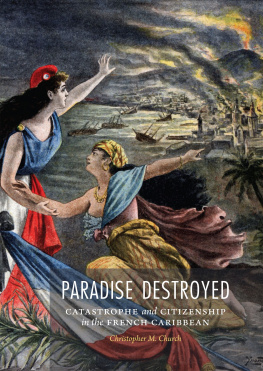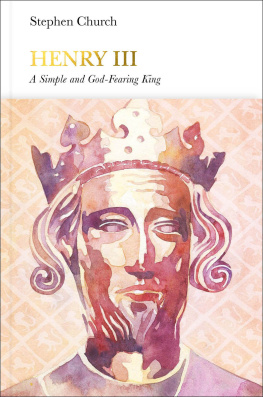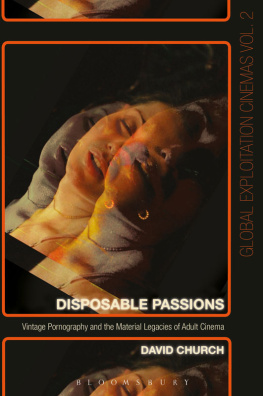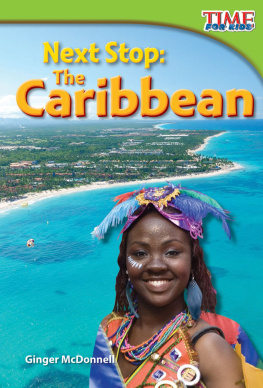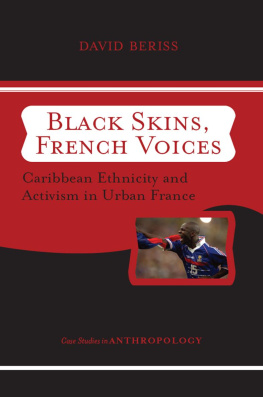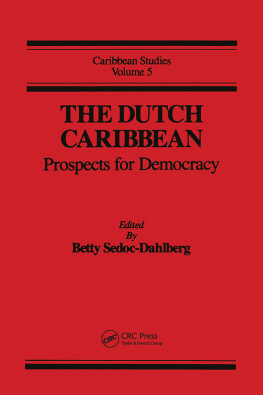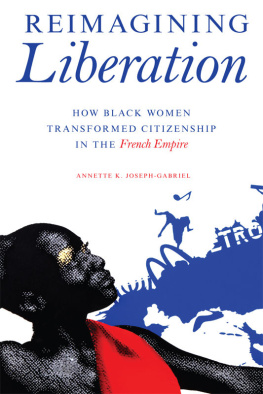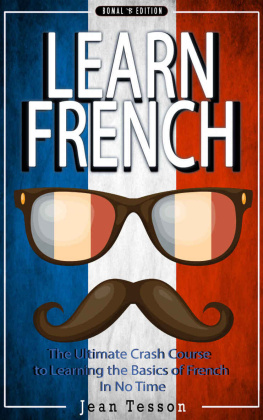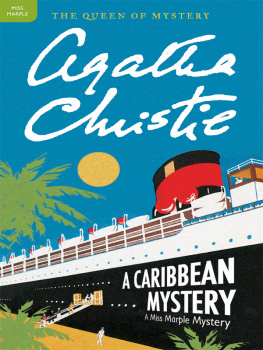Church - Paradise Destroyed: Catastrophe and Citizenship in the French Caribbean
Here you can read online Church - Paradise Destroyed: Catastrophe and Citizenship in the French Caribbean full text of the book (entire story) in english for free. Download pdf and epub, get meaning, cover and reviews about this ebook. City: Lincoln, year: 2019;2017, publisher: University of Nebraska Press, genre: Politics. Description of the work, (preface) as well as reviews are available. Best literature library LitArk.com created for fans of good reading and offers a wide selection of genres:
Romance novel
Science fiction
Adventure
Detective
Science
History
Home and family
Prose
Art
Politics
Computer
Non-fiction
Religion
Business
Children
Humor
Choose a favorite category and find really read worthwhile books. Enjoy immersion in the world of imagination, feel the emotions of the characters or learn something new for yourself, make an fascinating discovery.
- Book:Paradise Destroyed: Catastrophe and Citizenship in the French Caribbean
- Author:
- Publisher:University of Nebraska Press
- Genre:
- Year:2019;2017
- City:Lincoln
- Rating:5 / 5
- Favourites:Add to favourites
- Your mark:
- 100
- 1
- 2
- 3
- 4
- 5
Paradise Destroyed: Catastrophe and Citizenship in the French Caribbean: summary, description and annotation
We offer to read an annotation, description, summary or preface (depends on what the author of the book "Paradise Destroyed: Catastrophe and Citizenship in the French Caribbean" wrote himself). If you haven't found the necessary information about the book — write in the comments, we will try to find it.
Paradise Destroyed: Catastrophe and Citizenship in the French Caribbean — read online for free the complete book (whole text) full work
Below is the text of the book, divided by pages. System saving the place of the last page read, allows you to conveniently read the book "Paradise Destroyed: Catastrophe and Citizenship in the French Caribbean" online for free, without having to search again every time where you left off. Put a bookmark, and you can go to the page where you finished reading at any time.
Font size:
Interval:
Bookmark:
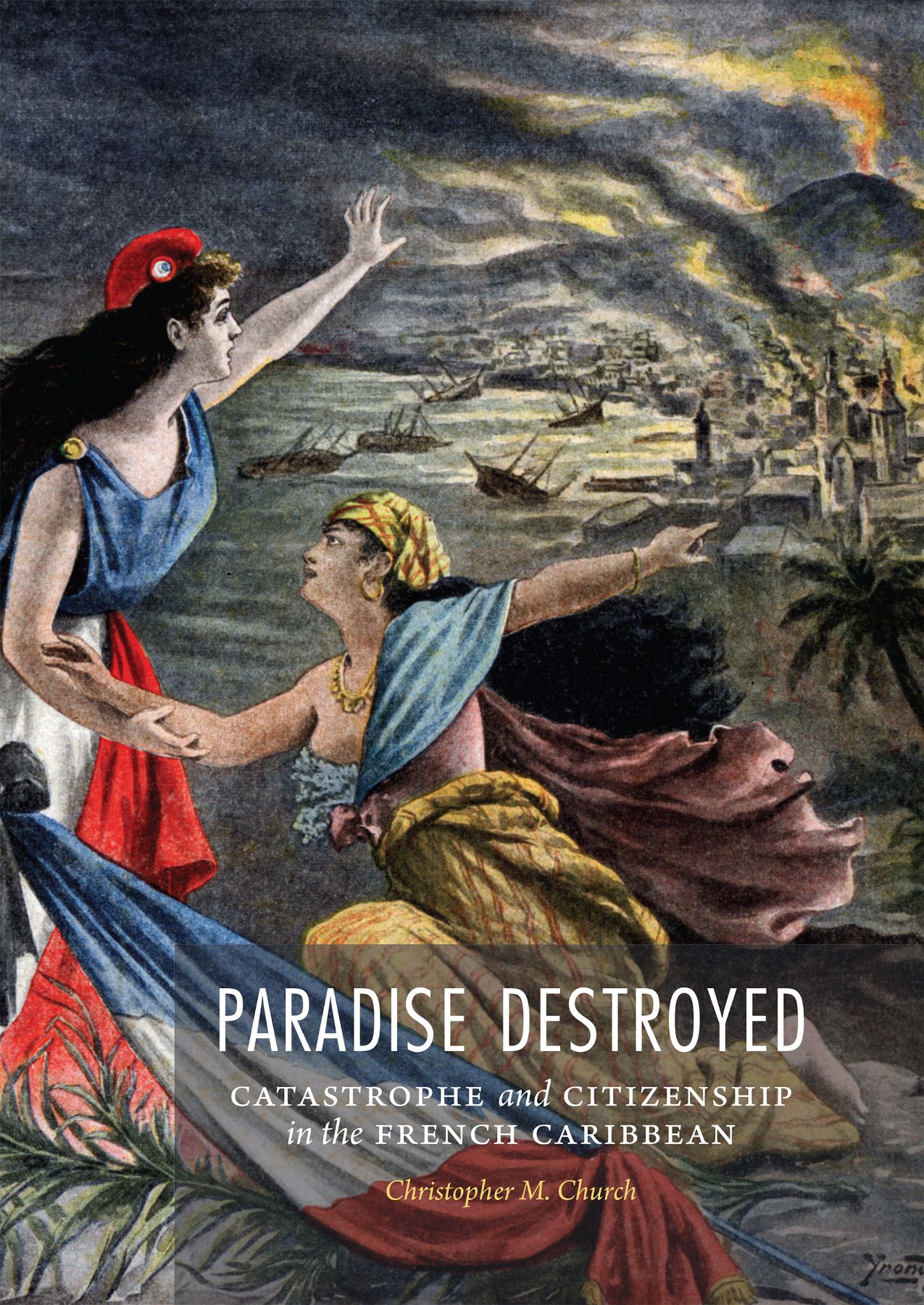
With a timely focus on environmental disaster and its political ramifications, Christopher Church has given us a highly original and multidisciplinary view of an understudied period in Caribbean history.
David Geggus, professor of history at the University of Florida and editor and translator of The Haitian Revolution: A Documentary History
Christopher M. Church offers compelling short narratives of the various disasters that struck the colonies, and his analysis of the politics of relief is sophisticated and informative.... It is a book that will interest scholars in a wide range of fields, including French imperial studies and Caribbean history. It is also a welcome and significant contribution to the history of disasters.
Matthew Mulcahy, professor of history at Loyola University at Maryland and author of Hubs of Empire: The Southeastern Lowcountry and British Caribbean
Christopher Church offers a richly researched, well-told, and insightful account of the political, economic, and social impact of natural disaster in the late nineteenth- and early twentieth-century French Antilles, profoundly deepening our understanding of these societies.
Laurent Dubois, Marcello Lotti Professor of Romance Studies and History at Duke University and author of Haiti: The Aftershocks of History
Trouble in paradise! In this engaging, innovative, and well-researched study, Christopher Church uses the history of disasters to explore interactions between environmental, colonial, and political history in the French West Indies.... Paradise Destroyed adds an important new dimension to the history of modern empire, showing how Frances colonies of citizens could be both exotic and familiar, colonial and French at the same time.
Tyler Stovall, Distinguished Professor of History at the University of California, Santa Cruz, and author of Transnational France: The Modern History of a Universal Nation
France Overseas: Studies in Empire and Decolonization
Series editors: A. J. B. Johnston, James D. Le Sueur, and Tyler Stovall
Christopher M. Church
University of Nebraska Press | Lincoln and London
2017 by the Board of Regents of the University of Nebraska
Portions of chapter 4 were originally published in French as Strikingly French: Martinique, agitation ouvrire et politique mtropolitaine au tournant de sicle, in Le mouvement social: Revue dhistoire sociale, trans. Myriam Faten Sfar and Aemmanuelle Saussier, 10924 (Paris: La Dcouverte, 2014).
Cover designed by University of Nebraska Press; cover image is from the interior.
All rights reserved.
Library of Congress Control Number: 2017952686
The publisher does not have any control over and does not assume any responsibility for author or third-party websites or their content.
This work began long ago at the University of California, Berkeley, where I was fortunate to be advised by Tyler Stovall, Thomas Laqueur, J. P. Daughton, and Percy Hintzento whom I am indebted for their advice, feedback, and support over the course of my intellectual career. I thank Tyler Stovall for his unending guidance in bringing this work to fruition; J. P. Daughton for his advice on colonial ideology and humanitarianism; Thomas Laqueur for always pushing me to keep sight of the forest and not get lost in the trees; and Percy Hintzen for his engaging recommendations with respect to my works theoretical implications for the Caribbean Basin.
I also thank all my fellow scholars for their help, support, and critiques over the years. Without my supportive friends and colleaguesGene Zubovich, Katherine Eady, Jennifer Allen, Terry Renaud, Vanessa Lincoln-Lambert, Scott McGinnis, and many othersI never would have made it through graduate school, let alone bring my book into the world. I am grateful for my former colleagues at UC Berkeleys Social Sciences Data Lab (D-Lab), in particular Savet Hong for assisting me with my demographic analysis. Without the D-Labs founding director, Cathryn Carson, I would not have had access to the invaluable digital tools and data science methodologies that have influenced and enabled much of my work. Neither would I have had the opportunity to learn from so many other disciplinessociology, demography, education, political scienceall of which shape the pages to follow.
Additionally, I acknowledge those who helped edit my prose and shape my narrative, especially my close friend Eric Kalisher, who has provided essential feedback on nearly all my work for the better part of two decades, as well as Kate Epstein, who gave me invaluable advice on narrative flow and structure. Above all, however, I thank the University of Nebraska Press for making the publication process seamless and transparent. Working with UNP has been a wonderful experience, in large part due to Bridget Barrys professionalism and editorial advice.
Last, but not least, this book would not exist if it were not for my family. The unconditional support of my loving and wonderful partner, Courtney, who accompanied me on this long and demanding journey, has helped me throughout the writing process and kept me grounded over the years. The shenanigans and levity of my rambunctious daughters, Elise and Chloe, have helped keep my spirits up while I created data sets, gathered archival documents, hunted through libraries, and wrote this book.
And finally, Id like to thank my parents for instilling in me a love of knowledge and an unending respect for education.
At five-thirty in the morning on 3 May 1902, the young schoolteacher Roger Portel awoke to an eerie scene outside his window in Saint-Pierre, Martinique. Everything was closed: shops, governmental buildings, and schools. The sky blackened under what looked like a gray snow, as roads, homes, and even people were covered in a thin layer of a substance like ground cement. Remarking to a friend that it was now winter without the cold, Portel shuffled outside to take stock of what was happening. Mount Pele had lurched awake, and Saint-Pierre teemed like a kicked anthill. Joining a crowd of Saint-Pierres disoriented denizens, Portel quickly realized he could not see more than thirty feet in front of him, and he choked as his nose burned. While he pinched it to ward off the smell of sulfur, he wondered, Are we all going to die of asphyxiation?... Whats coming tomorrow? A column of lava? A shower of stones? A wind of suffocating gas? Mass drownings? No one knows. Portel had awakened to a living nightmare, a hellish postapocalyptic scene plucked straight from the pages of the Bible. And he suspected that his death was imminent. Should I die, he wrote to his brother, dont be too sad. Unfortunately, Portels worst fears came true. Five days later, he and everyone else in the crowd in Saint-Pierre was deadsuffocated by sulfur, petrified by ash, frozen in a winter without cold. Ascension Day had come. Mount Pele had erupted.
Forty kilometers away, in the city of Fort-de-France, the islands acting bishop, Gabriel Parel, said a mass commemorating Jesuss entrance into heaven. Later, when he stepped onto his balcony shortly after eight oclock in the morning, night descended as ash blocked the morning sun and a hail of stones assaulted Martiniques capital. While helping his congregation seek refuge, Bishop Parel wondered what was happening at Saint-Pierre. When he learned that Peles fury had obliterated the so-called Paris of the Peles eruption had shaken the convictions of the French Republic, and all eyes turned toward relief and recovery lest French civilization in the Caribbean come to an end.
Font size:
Interval:
Bookmark:
Similar books «Paradise Destroyed: Catastrophe and Citizenship in the French Caribbean»
Look at similar books to Paradise Destroyed: Catastrophe and Citizenship in the French Caribbean. We have selected literature similar in name and meaning in the hope of providing readers with more options to find new, interesting, not yet read works.
Discussion, reviews of the book Paradise Destroyed: Catastrophe and Citizenship in the French Caribbean and just readers' own opinions. Leave your comments, write what you think about the work, its meaning or the main characters. Specify what exactly you liked and what you didn't like, and why you think so.

